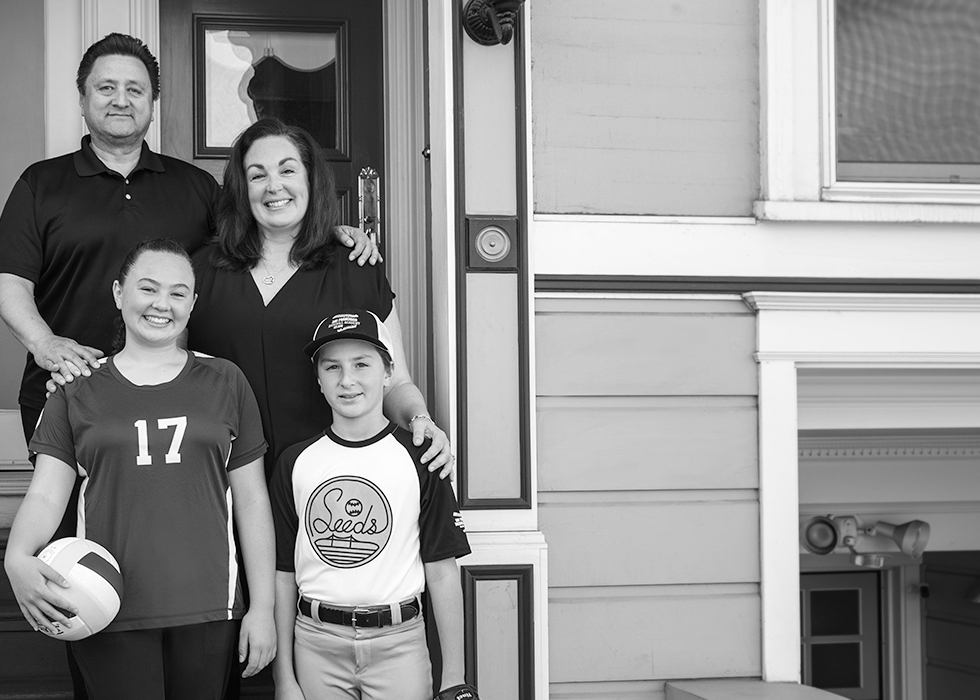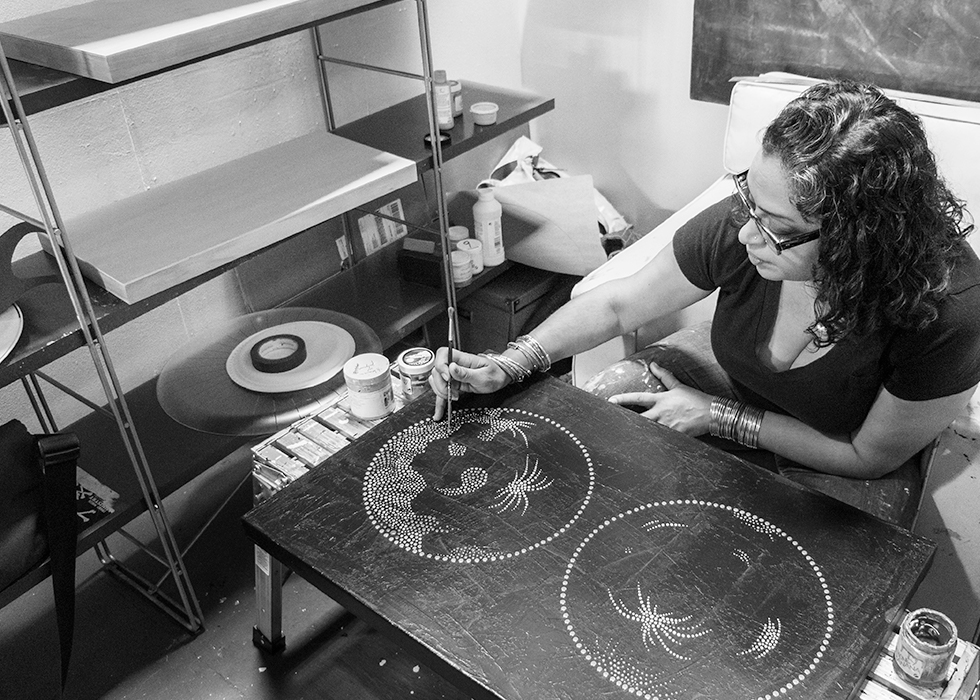Home Loan Dos & Don’ts
It’s time. You’re ready to stop pouring money down that alleged black hole called ‘rent’ by buying a home. But for most of us, it’s not possible to walk in and buy a home with cash; you’ll probably need financing of some sort.
Here are 10 tips to consider when looking into financing a new home.
1. Know your credit.
The better your credit, the cheaper your interest rate. A lower interest rate also means you’ll be able to afford a bigger loan. So knowing your credit at the start will help you plan.
Anyone can check their credit report from each of the three major credit-reporting bureaus for free once per year from http://www.annualcreditreport.com.
And members of SF Fire Credit Union get free quarterly updates on their FICO® Score from Experian.
2. Do your research.
This one may seem obvious but investing in a new home can be a better investment in the long run than playing the stock market. It’s definitely also one of the biggest investments you’ll ever make.
- Take your time to plan your budget and decide how much home you want and can afford.
- You can make use of the HomeAdvantage Program, free to SF Fire Credit Union members, to connect with expert realtors and to research comparable properties in your desired market. Not only is it free, it also pays: you earn rebates averaging $1,500 to reduce closing costs, reduce agent commissions, or be taken as cash back, all of which makes the home buying experience more affordable.
3. Be honest with yourself about your budget.
What are your true monthly expenses? What can you reasonably expect to earn in the future? Could you cut back on streaming channels like Hulu or Disney +?
It’s easy to underestimate what you usually spend on entertainment or restaurants, but an accurate view of where your money goes will give you a better sense of how much house you can afford. The analysis available in the Financial Wellness section of our Online & Mobile Banking platform can help you see exactly where your money goes each month.
4. Gather your documents.
Documentation is a large part of the mortgage application and approval process. Before you start applying, pull together the items you need:
- Paystubs (or tax-returns if self-employed) – it depends on the lender, but you will likely need 2-3 paystubs for every borrower or co-borrower
- Bank statements – you’ll likely need to provide 2-3 months of bank account statements
- Background on gifts – Some members are fortunate enough to receive a gift from a family member to assist with the down payment. A gift letter will be required but documentation of receipt of the gift doesn’t need to be collected until after you’ve found a home to buy.
5. You aren’t limited to a 30-Year Fixed Rate Mortgage.
When prospective buyers think about financing a home, they assume they’ll need a 30 Year Fixed Mortgage, because that’s what their grandparents did. And there are certainly benefits to that loan type:
- You’re controlling your interest rate
- You're controlling the amount of your monthly payments for the life of the loan, which makes it easier to plan and budget.
However, when 30 Year Fixed Rate Mortgages became the standard, job mobility was not really a thing. People tended to join a company like AT&T and stay there for the next 30-40 years. They would stay in the same home as well.
Where do you see yourself in five years? A higher-paying job? Relocating for new opportunities?
An Adjustable Rate Mortgage might be perfect for you if:
- It has a lower starting APR for an initial 3/5/7/10 year period; and
- You expect a significant increase in income in the future that would allow you to adjust to higher payments; or
- You expect to sell the home or refinance before that initial term ends and the rate adjusts.
Use the mortgage rate calculator at the bottom of the page to determine what mortgage you might qualify for.
6. Consider an escrow account to pay your property taxes and homeowners insurance.
Depending on your loan options, you might want to set up an escrow account with your lender. An escrow account:
- Will increase your monthly payments to cover your annual property taxes and insurance premiums
- Helps you avoid surprises when you have to come up with the funds to pay your taxes (twice a year) and insurance (annually)
While paying to an escrow account reduces your monthly cash flow, it might be better for your peace of mind to pay more upfront and avoid any large bills down the road.
7. You don’t necessarily need a 20% down payment.
The conventional wisdom is you need a 20% down payment, not just for a loan, but to get your offer approved. But the conventional wisdom would also say that Steph Curry is too fragile to be an all-time great.
There are options for loans that don’t require such a large amount of cash up-front, including:
- Low down payment loans with Mortgage Insurance
- Piggy Back loans: Two loans taken out for the purchase, the second being used to reduce your down payment. Perfect for a home buyer that is planning to have additional funds in the future
There are advantages to a larger down payment, such as lower monthly payments, avoiding paying PMI (Private Mortgage Insurance) fees, and reduced interest costs over the life of the loan. But you don't have to put 20% down, and you shouldn’t let that number hold you back; most people put down between 5 and 20%.
You also have alternatives to a cash down payment; for instance, depending on the equity in the home, a lender (including SF Fire Credit Union) may approve you for a 2nd Mortgage/Home Equity Line of Credit that can help you cover the down payment while keeping the 1st Mortgage amount within the right Loan-To-Value ratio to secure the lowest interest rates.
If you can get approved for a loan with less than 20% as a down payment, that frees up cash to cover closing costs and other expenses.
8. Don’t ignore the closing costs.
Applying for a mortgage is not free, even when there are no application fees. Closing costs can be a considerable expense, separate from down payments. While you may be able to finance the closing costs, you should pay them in cash if you can. The less you finance, the less you’ll pay in interest.
Many lenders will cover a significant amount of closing costs with a flat fee. When comparing loan rates, be sure to compare what lenders will cover in terms of the closing costs.
9. You can always change down the road.
Life changes. The market changes. And you will always have the option of refinancing a mortgage down the road if better terms become available (just be prepared to do your research on fees, closing costs, or prepayment penalties).
10. Do you really want to buy?
Some financial advisors suggest that renting might be better for some people, so before you even start shopping for a home, you’ll need to consider whether taking out a mortgage is the right choice for you. Renting a home still has many benefits, such as fewer maintenance costs, and greater flexibility if you aren’t sure you’ve found your forever home yet.
Ultimately, you have to ask yourself if owning a home is what you want to do. When you own the home, you own everything that comes with that:
- Taxes
- Maintenance
However, there are multiple benefits:
- Possible tax deductions on interest paid
- Building of equity, which can be leveraged down the road
You can compare those costs and benefits using our Rent or Buy Calculator.
After studying these tips, you may have questions about your options. Our Real Estate Loan officers are here to help you answer questions and find the loan that’s right for you. Meet the team here, and feel free to reach out with any questions.




